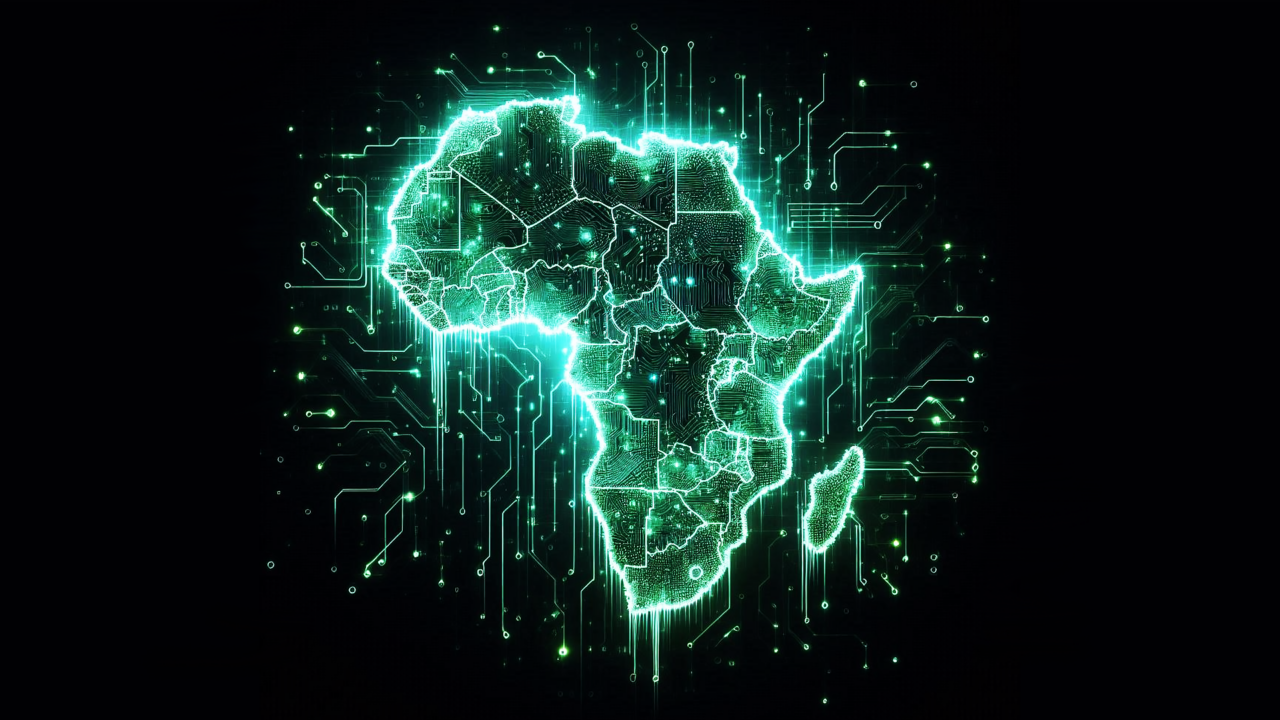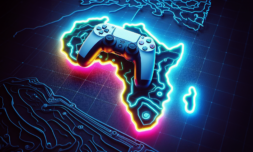Across Africa, a continent rich with diverse artistic heritage, traditional art has long been a vehicle for cultural expression, storytelling, and heritage preservation. From the intricate beadworks to bold masks, traditional African art has both spiritual and social value, transcending mere aesthetics.
Artificial Intelligence’s accessibility and ability to create compelling visual content is impacting Africa’s traditional art forms, challenging both the market dynamics and the intrinsic meanings these art forms once held.
In Africa, this technology is becoming increasingly popular, particularly among younger generations and digital artists looking to blend traditional themes with modern techniques. The rapid adoption is driven by several factors: the accessibility of AI tools, the popularity of digital platforms, and the economic potential AI art holds for artists who wish to sell their works online.
However, as AI art becomes more widely available, many African artists are noticing a troubling trend: AI art that replicates African aesthetics is overshadowing authentic traditional artwork in the market.
More clients are commissioning AI-generated African-themed pieces because of their speed, cost-effectiveness and digital compatibility, a shift that has left traditional artists struggling to keep up.
The widespread availability of AI-generated African-themed art has, in some cases, diluted the original meaning of African art forms.
While this isn’t exclusive to Africa, traditional African art often carries significant cultural meanings, connected to ancestral heritage, communal values, and deep-seated spiritual beliefs. Each piece can represent intricate stories, ceremonies, and generational knowledge passed down through ages.
AI obviously lacks all of these touches. While it may replicate the look of traditional African art, it does not carry the significance of history or ritual layers tied to the original creation. For traditional African artists and patrons, this shift represents a form of cultural erosion.
Not only is the meaning of African art diluted in the process, but it also risks rendering these art forms as mere aesthetic commodities devoid of the symbolic depth they once held. This impact on authenticity is raising concerns among African communities who feel that AI art may reduce their cultural heritage to a trend.
The economic impact
The rise of AI art is also reshaping the economic landscape for African artists. For centuries, artisans relied on direct sales at markets, galleries, and exhibitions to earn a living. The art market has traditionally been a source of income for many communities, sustaining local economies and providing artisans with a livelihood.
AI-generated art disrupts this model. AI’s speed and low cost make it an attractive alternative for art buyers and corporations alike, sidelining traditional artists who cannot match the efficiency or price point of AI-generated work.
The financial appeal of AI art is undeniable. In an increasingly digitized global economy, artists selling their work online have quickly noticed that AI-generated African themes are in high demand. This trend has opened up new revenue streams for street vendors who print AI art, overshadowing those who rely on traditional craftsmanship, potentially destabilizing local economies that rely on these artisans.
While some African artists are integrating AI into their work, hoping to balance modern and traditional techniques, others feel a sense of betrayal. Traditional artists express concerns that AI will further accelerate the loss of cultural practices, while digital artists argue that AI provides a medium to reach global audiences and stay relevant in an evolving market.
Among these creators, a question lingers. Can AI art coexist with traditional art in a way that honors Africa’s cultural heritage? Traditional artists call for greater awareness and protection for indigenous art forms, emphasizing that AI should not be a substitute for cultural expressions that carry generations of meaning.
Digital creators, on the other hand, hope to see AI embraced as a new form of African artistry that adapts to the modern world, incorporating African themes and motifs in ways that transcend traditional boundaries.
As AI art grows in popularity, it is crucial to foster a cultural environment where modern technology can support and honor traditional art forms, allowing Africa’s artistic heritage to thrive in the digital age.
What’s happening in Africa is no different to the rest of the world, in this regard, but the economic ramifications are markedly more pronounced than in the west.

















